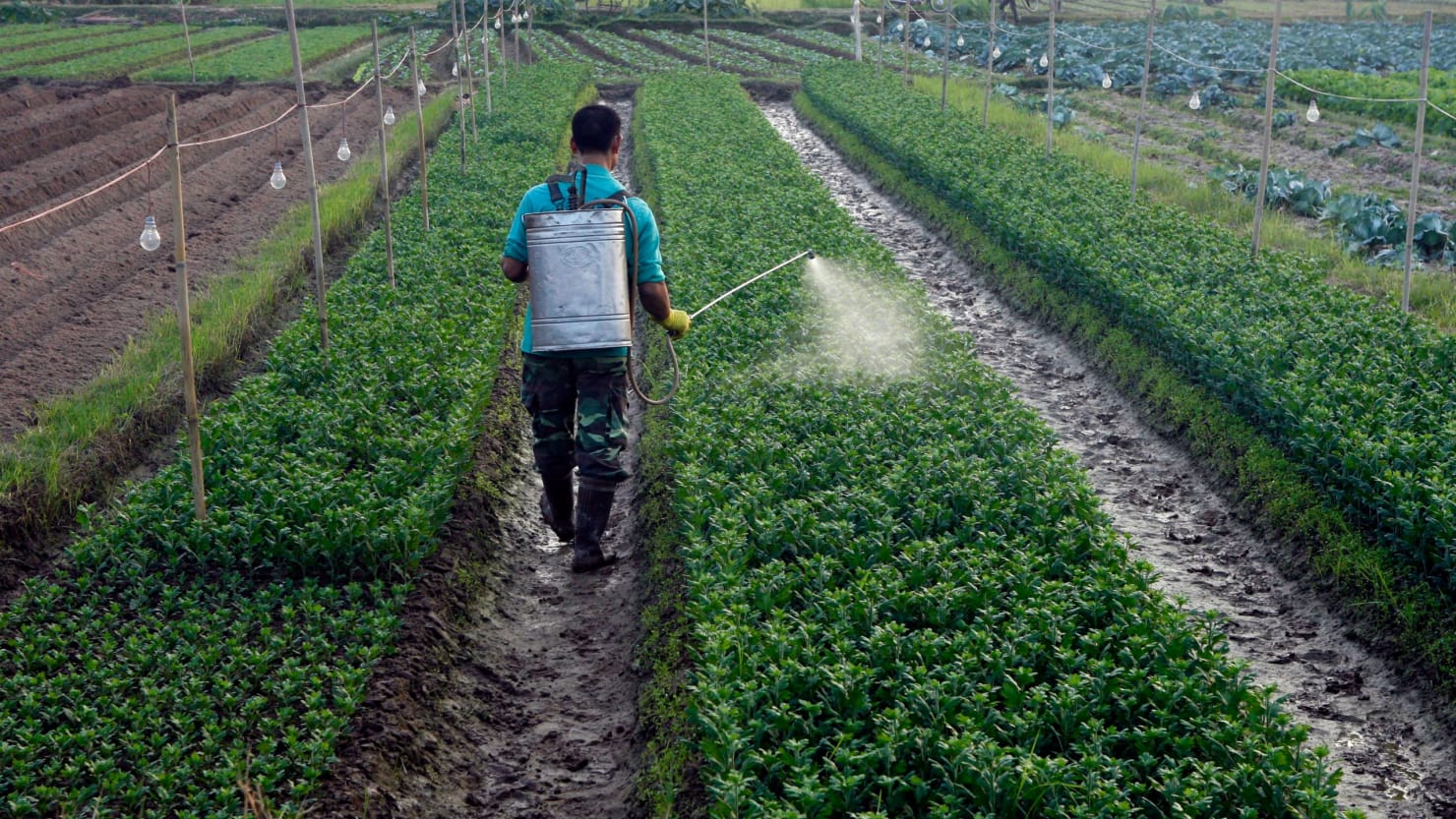11 Dec 2024

Tired Earth
By The Editorial Board

“Animals have very different sensory, perceptive abilities to us. In some cases they’re better and in some cases they’re worse, but in all cases they’re different,” says Matthew Savoca at the NOAA Southwest Fisheries Science Center in Monterey, California.
One explanation is that animals simply mistake plastic for familiar food items – plastic pellets, for example, are thought to resemble tasty fish eggs. But as humans we are biased by our own senses. To appreciate animals’ love of plastic, scientists must try to view the world as they do.
Humans are visual creatures, but when foraging many marine animals, including albatrosses, rely primarily on their sense of smell. Savoca and his colleagues have conducted experiments suggesting that some species of seabirds and fish are attracted to plastic by its odour. Specifically, they implicated dimethyl sulfide (DMS), a compound known to attract foraging birds, as the chemical cue emanating from plastic. Essentially, algae grows on floating plastic, and when that algae is eaten by krill – a major marine food source – it releases DMS, attracting birds and fish that then munch on the plastic instead of the krill they came for.
Even for vision, we can’t jump to conclusions when considering the appeal of plastic. Like humans, marine turtles rely primarily on their vision to search for food. However, they are also thought to possess the capacity to see UV light, making their vision quite different from our own.
Comment